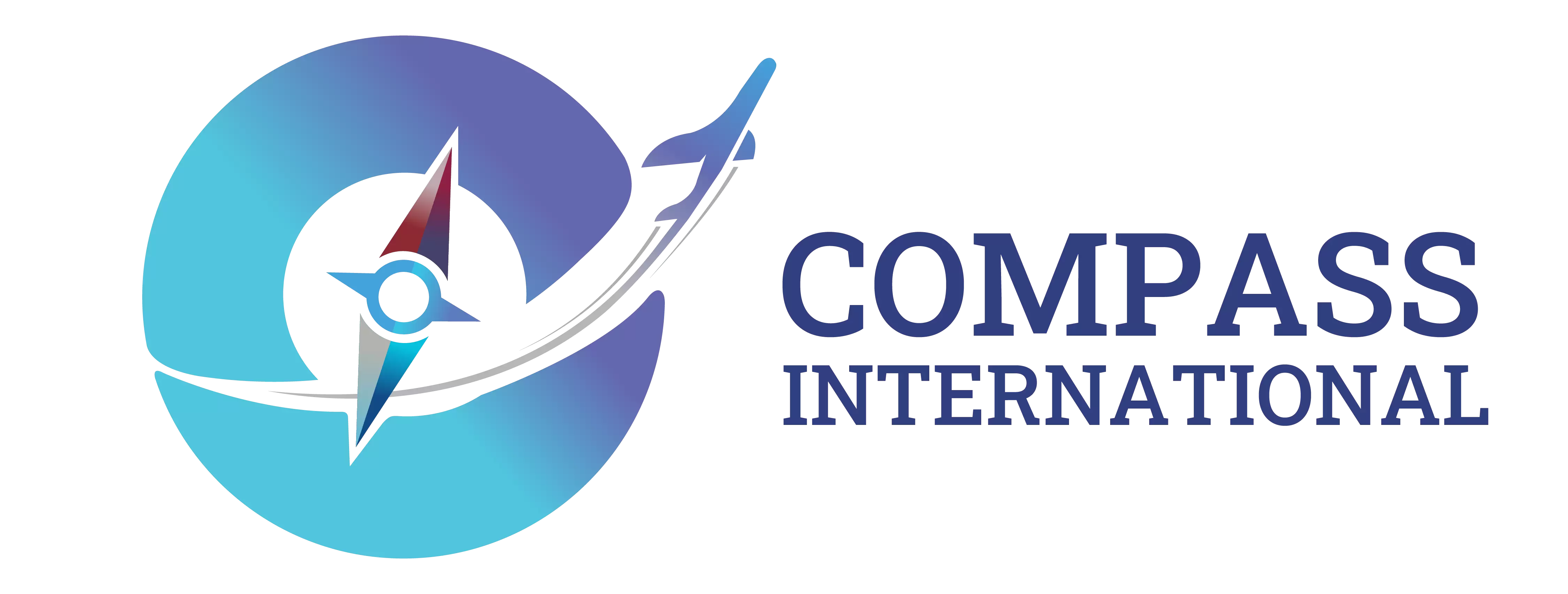GEORGIA

Studying MBBS (Bachelor of Medicine, Bachelor of Surgery) in Georgia has become a popular choice for many international students, including those from India, due to the affordable tuition fees, quality of education, and the recognition of Georgian medical degrees globally. Here’s a general overview:
Why Study MBBS in Georgia?
- Affordable Tuition and Living Costs: The cost of studying MBBS in Georgia is relatively lower compared to countries like the UK, USA, and Australia. Living expenses are also affordable.
- Quality Education: Georgian medical universities are recognized by organizations like the World Health Organization (WHO) and the Medical Council of India (MCI), now known as the National Medical Commission (NMC).
- English-Taught Programs: Most Georgian universities offer MBBS programs in English, making it accessible for international students.
- Modern Infrastructure: Georgian medical universities are equipped with modern facilities and offer extensive clinical exposure.
- Simple Admission Process: The admission process is relatively straightforward, often not requiring an entrance exam like NEET for Indian students, although NEET is mandatory for practicing in India post-MBBS.
- Cultural Diversity: Georgia is home to students from various parts of the world, offering a multicultural environment.
Top Medical Universities in Georgia
Some of the top medical universities in Georgia include:
- Tbilisi State Medical University: One of the oldest and most prestigious medical universities in Georgia.
- Ivane Javakhishvili Tbilisi State University: Another renowned institution offering MBBS programs.
- Batumi Shota Rustaveli State University: Known for its affordable fees and good quality education.
- University of Georgia: Offers English-medium MBBS programs with a focus on international students.
- David Tvildiani Medical University: Focused solely on medical education with an English-medium curriculum.
Admission Requirements
- Academic Qualifications: Completion of higher secondary education (12th grade) with science subjects (Biology, Chemistry, and Physics).
- English Proficiency: Some universities may require proof of English proficiency (like IELTS/TOEFL).
- NEET: For Indian students, qualifying NEET is mandatory if they want to practice medicine in India after graduation.
- Application Documents: Passport, academic transcripts, passport-sized photos, and sometimes a letter of motivation or recommendation.
Duration and Curriculum
- Duration: The MBBS program typically lasts 6 years, which includes 5 years of academic education and 1 year of internship.
- Curriculum: The curriculum usually covers basic medical sciences, clinical studies, and a hands-on internship or clinical rotation.
Cost Breakdown
- Tuition Fees: Generally ranges between $3,000 to $8,000 per year.
- Living Costs: Monthly expenses, including accommodation, food, and other essentials, can range from $300 to $500.
Recognition and Practice
- Graduates from recognized Georgian medical universities can practice medicine in India after clearing the Foreign Medical Graduates Examination (FMGE), which is required for the registration process in India.
Visa Process
Students need to apply for a student visa at the Georgian embassy or consulate in their home country, providing necessary documents like the admission letter, passport, and proof of financial stability.
Conclusion
MBBS in Georgia is an attractive option for students seeking quality medical education at an affordable cost. It is important, however, to research specific universities and ensure they are recognized by relevant medical councils and organizations in your home country.

